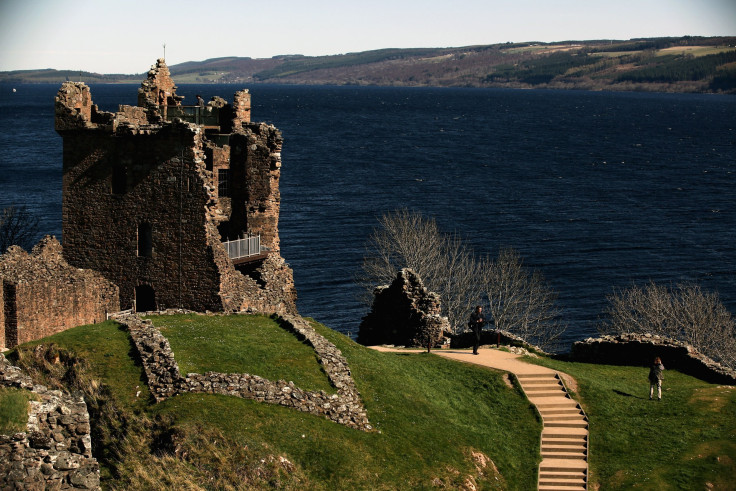Scottish Independence Might Mean Fewer British Tourists, But More Tourists From Continental Europe, US

As Scotland’s future hangs in the balance on Thursday, its tourism industry faces some uncertainty, as well.
From the rolling hills of its moors to its historic castles and forts, Scotland is a huge travel destination. According to a 2013 report from Deloitte, Scottish tourism is an $19 billion (11.6 billion pound) industry and accounts for 292,000 jobs. About 5.8 million visitors from the United Kingdom, not including Scotland itself, visit the country each year, while about 2.4 million visitors come from overseas, reports Scotland’s tourism agency.
But if Thursday’s referendum results in an independent Scotland, tourism from England, Wales and Northern Ireland could see a slight dip. According to a survey of visitors to the United Kingdom conducted in August by tourism research firm LJ Research in Edinburgh, the vast majority of respondents -- 84 percent -- said that the outcome of Scotland’s referendum was unlikely to impact their decision to visit Scotland, while 11 percent said they would be less inclined to visit.
But, said research manager Tom Mathar, about one in five English respondents said they would be less likely to visit if Scotland gains independence. In the weeks since the survey was conducted, Mathar believes that sentiment has only gotten stronger.
“English residents have become much more vocal in the last four weeks, and we’ve seen anecdotal evidence to suggest that English visitors are more likely to be less inclined to visit Scotland” if the outcome of the referendum is yes, he said.
Data from hotel comparison website Trivago bears this out, as well. Hotel searches for Scotland from visitors coming from England, Wales and Northern Ireland made between August 1 and September 15 have decreased by 29 percent, compared to the same period in 2013.
And several travel firms in Scotland have reported cancellations from English visitors, according to The Scotsman. Amber Swinton, a property manager at a company that markets vacation cottages in Scotland, told the paper that “We have had numerous phone calls from customers stating that if we do become independent then they will no longer we willing to support Scotland and won’t be returning for a holiday. But of more concern is that people are cancelling holidays they had booked for next year irrelevant of the outcome of the vote.”
A signifcant factor in continued tourism from the United Kingdom revolves around practical issues that are unlikely to be resolved immediately if the referendum outcome is for independence, said Mathar. “Of course, there are many unknowns. The big question is currency -- will Scotland remain using the pound? The other big concern is customs and border control.”
But for some visitors, Scottish independence could potentially attract more visitors, according to a survey by GoEuro, a travel comparison website. For example, in a poll of 4,000 people, 68 percent of Belgians thought independence would make Scotland a more interesting vacation destination. Meanwhile, 17 percent of Spaniards agreed. The Dutch disagreed: 51 percent said Scottish independence would make the country a less interesting place to visit.
Mathar said anecdotal comments left by Americans in the LJ Research survey also suggest that Americans are more intrigued by the idea of an independent Scotland. “They potentially see Scotland as a more powerful brand, a more unique destination,” he said.
Scotland’s tourism board has been reticent about commenting on the matter. Visit Scotland spokeswoman Louise Purves told Skift it would be “inappropriate to comment on the current political situation.” She added, “Scotland has inspired people to visit for the last 200 years and there is no evidence from our partners in the industry that they are being adversely affected by the current political discussion.”
But Joe Goldblatt, an event tourism expert in Edinburgh, remains hopeful.
“In the short term, tourism will dramatically increase in Scotland following independence due to the enthusiasm and interest in Scottish ancestry and culture,” he told Skift. “In the long term, tourism will grow even stronger due to easier and better visa regulations being put in place that will welcome more tourists to Scotland and encourage them to extend their stay to explore different parts of its beautiful land.”
© Copyright IBTimes 2024. All rights reserved.











